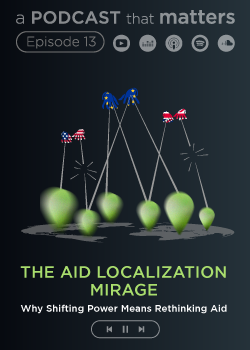Print

The development of an adaptive, web-based assessment tool for evaluating the literacy, numeracy and digital skills levels of low skilled/low qualified adults in Turkey
Details
Locations:Turkey
Start Date:Unknown
End Date:Unknown
Contract value: EUR 260,665
Sectors: Information & Communication Technology, Labour Market & Employment, Training
Categories:Grants
Funding Agencies:
Date posted:Nov 24, 2020
Description
Call reference number: VP/2018/008
Programme title: Support for the deployment of skills assessments in the implementation of Upskilling Pathways
Action title:
The development of an adaptive, web-based assessment tool for evaluating the literacy, numeracy and digital skills levels of low skilled/low qualified adults in Turkey
Application reference: VP/2018/008/0031
Summary of the action:
The aim of the action is developing an adaptive, web-based assessment tool for assessing the literacy, numeracy and digital skills of secondary school graduates aging 18-40 represent the low skilled/ low qualified adults in Turkey. It is significant to determine their level of qualifications/skills and prepare a career plan so that these individuals can participate in the labor market. For this reason, the experimental group will comprise of secondary school graduate adults between the ages of 18-40 who have been recruited by the associate organizations of the project such as Trabzon Employment Agency (TrbEA), Trabzon Public Education Center (TPEC) and those that are employed in SMEs that are members of Trabzon Chamber of Industry and Trade (TCIT).
Multimedia and activity based questions aiming at determining the type and level of target skills will be created for the assessment tool. The participants will be required to fulfill tasks relevant to their individual levels of skills. The validity of the questions will be tested after questions for all levels are prepared.
The assessment system will be an online and adaptive. As the participants answer the questions correctly the difficulty level will be automatically increased and vice versa. The system will also feature a mouse tracking utility. This will enable the researchers to get quantitative data about individual qualities of the participants affecting their level of skills which are difficult to assess, such as whether the decisions of the participants are conscious or not, the time spent for thinking and whether they follow the texts using the mouse or not. As a result of the assessment, a detailed report will be presented, with information on the skill levels and deficiencies of the individual and suggestions about the trainings needs to be taken. Finally, the reliability of the assessment material will be determined after its application with the experimental group.

